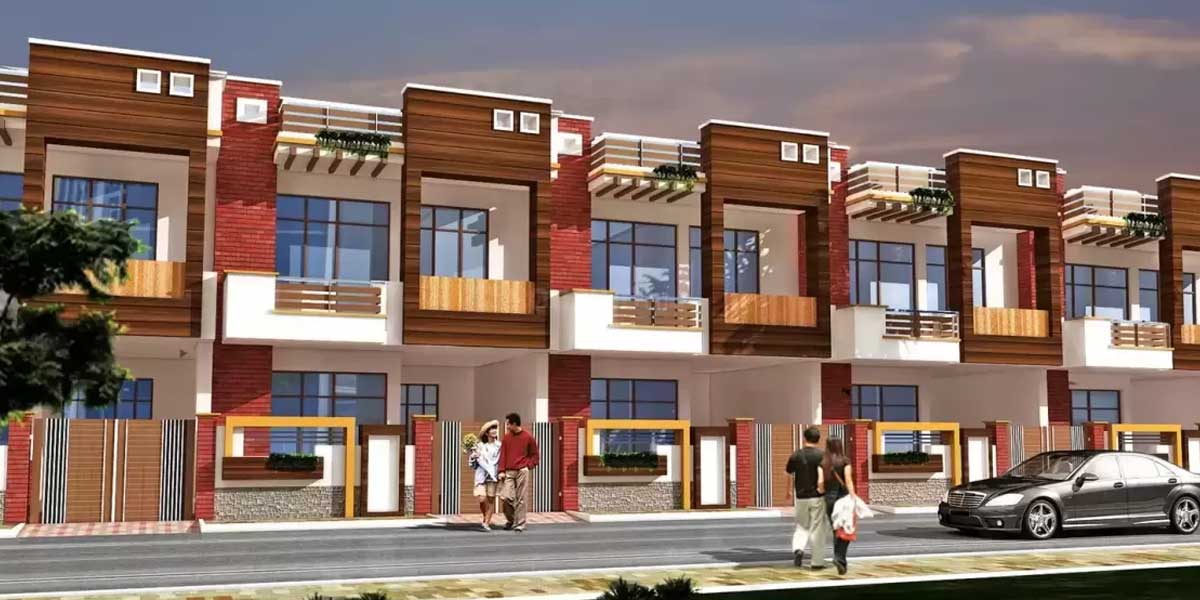Officials familiar with the matter have revealed that Gandhi Nagar market, a prominent hub for readymade garments and textiles in eastern Delhi, is set to undergo a significant transformation. The Municipal Corporation of Delhi plans to revamp this heavily congested area at an estimated cost of Rs 1.62 billion in the initial phase.
The initial phase of this project for the redevelopment of Gandhi Nagar market, situated in New Delhi, will encompass several key elements. It includes the construction of two new multilevel parking facilities, a comprehensive overhaul of the road and drainage infrastructure, the implementation of a modern fire safety system, and the deployment of golf carts to enhance last-mile connectivity. The subsequent phase will concentrate on beautification and facade enhancements.
This redevelopment initiative, executed in two phases, draws inspiration from the successful Chandni Chowk market revitalisation completed in September 2021. Although a specific timeline for the project's completion remains pending, the first phase's objectives and scope have been outlined.
The second phase of the Gandhi Nagar market revamp will prioritise aesthetic improvements and facade enhancements. This undertaking is part of the market redevelopment plan announced by the Delhi government in its 2022-23 Rozgar Budget. While the project's execution falls under the Municipal Corporation of Delhi's jurisdiction, the industries department is expected to provide funding support.
The overarching goal of this endeavour is to rejuvenate the market by addressing various infrastructural aspects, including roads, lanes, sewer lines, parking facilities, and public utilities, thereby making it more conducive for export activities.
Over the past six months, several agencies, including the School of Planning and Architecture (SPA), officials from the industries department, the engineering department, Delhi Jal Board, and BSES, have conducted multiple assessments of the area to determine the necessary work.
An MCD official mentioned, "A 14-point action plan has been created for the development of the market infrastructure in the first phase, and the second phase will focus on further beautification and facade improvement."
Gandhi Nagar, situated along Pushta road in eastern Delhi, is renowned as one of Asia's largest hubs for readymade garments and textiles, boasting over 25,000 shops and 10,000 household manufacturing units. However, its market share in the garment trade has been declining due to inadequate infrastructure.
The proposed plan includes the resurfacing of the main Gandhi Nagar road and approximately 2 kilometres of arterial roads passing through the market to enhance transit in the area. To facilitate commuter mobility, two multilevel parking facilities will be constructed at identified locations, with last-mile connectivity provided from the Shastri Park metro station using golf carts.
The drainage system will be upgraded with reinforced cement concrete-type drains and parallel service ducts, along with improved streets connecting to the main Gandhi Nagar road.
Similar to the Chandni Chowk revamp, the project will involve relocating transformers and overhead cables with the assistance of the power distribution company BSES. Furthermore, the construction of public toilet complexes, community toilet facilities, and public information kiosks at connecting junctions is planned.
Enhancements to fire safety measures will involve the creation of an underground reservoir and a pipe system along the Main Road, complete with fire hydrants in each lane. Other minor additions include informative signboards, street furniture like benches and bollards, dustbins, and decorative electric lighting.
Stakeholder engagement, including market associations, residents' welfare associations (RWAs), small manufacturers' associations, and public representatives, will be undertaken to gather input and finalise the scheme's components with the consultant.
However, the mayor's office has not provided a comment on the project. Hukum Chand, the head of the Gandhi Nagar Traders' Association, emphasised the immediate need for road resurfacing, drainage channel installation, and sanitation improvements, underscoring the importance of focusing on these basic infrastructure requirements.





















